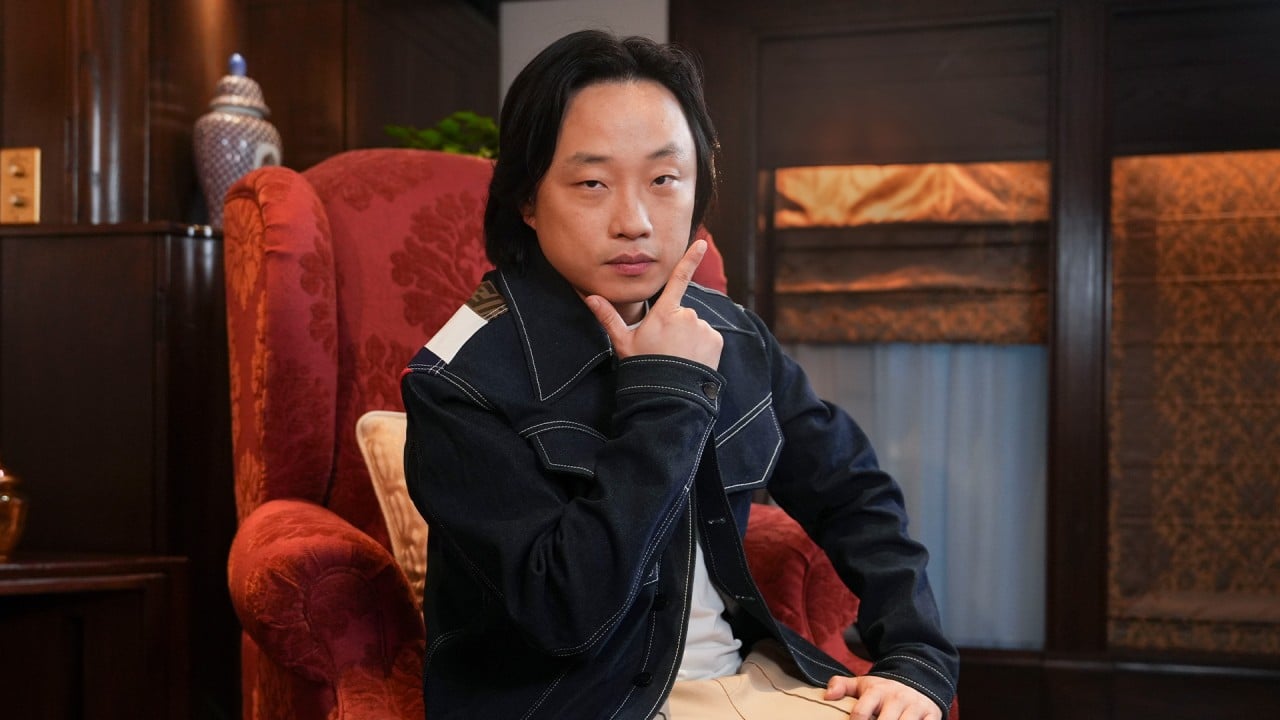The shows provide a unique space for discussing social issues, including problems faced by women, but the Zhejiang province publicity department said some of the content had “gradually deviated from humour and simplified gender topics into pitting men and women against each other”.
The article published on the department’s official WeChat account on Sunday said such content was “an effective way to attract eyeballs” and that “getting clicks doesn’t equal having value”.
It further said an “extreme online environment” magnified antagonism, so that some jokes about male characteristics could be understood as “attacking all men” and some jokes making fun of phenomena related to women could be labelled misogynistic.
Creators must find a balance between “offending the audience” and striking a chord, the Zhejiang article said as it called for constructive criticism and discussion, and urged them to reveal “life’s absurdities through lightheartedness and bridge division with laughter”.
“We sincerely hope that the rising stand-up comedy scene can become more rational and profound, with less division and more understanding,” it said.
Although the statement did not name any content, authorities were referring to the latest seasons of King of Comedy, which debuted on iQIYI video platform on July 11, and Rock and Roast, which was shown on Tencent video on June 27. In recent weeks, multiple comedy bits by women have gone viral online and struck a chord with netizens.
In one particular performance on King of Comedy, Fan Chunli, a 50-year-old woman from a small rural village, said that when she told her parents she wanted a divorce from her abusive husband, her family thought it was shameful and refused to support her.



